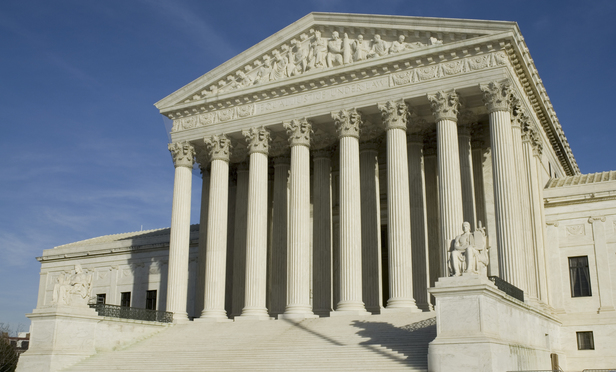The federal criminal forfeiture statute, 21 U.S.C. Section 853(a), provides that any person convicted of a federal drug crime must forfeit “any property constituting, or derived from, any proceeds the person obtained, directly or indirectly, as the result of such violation.” In Honeycutt v. United States, the U.S. Supreme Court will determine the reach of that statute in drug conspiracy cases. Specifically, the court will examine whether the statute requires all members of the conspiracy to be held jointly and severally liable for the forfeiture of all reasonably foreseeable proceeds of the conspiracy—even a co-conspirator that never personally ”obtained” any proceeds.
Petitioner Terry Honeycutt was convicted of multiple counts of conspiring to and knowingly distributing iodine with knowledge that it would be used to manufacture methamphetamine. Honeycutt worked as a salaried employee at the Brainerd Army Store, a military surplus store owned by his brother (a co-defendant) that sold outdoor camping and hiking supplies. Beginning in early 2008, Honeycutt noticed an increasing number of “edgy looking folks” purchasing Polar Pure, an iodine-based water purification product that had only been sparingly sold at the store. Suspicious, Honeycutt called the Chattanooga Police Department to ask whether the iodine in Polar Pure could be used to manufacture methamphetamine. Law enforcement officials confirmed that it could and urged Honeycutt not to sell the product if he felt uncomfortable doing so.
This content has been archived. It is available through our partners, LexisNexis® and Bloomberg Law.
To view this content, please continue to their sites.
Not a Lexis Subscriber?
Subscribe Now
Not a Bloomberg Law Subscriber?
Subscribe Now
LexisNexis® and Bloomberg Law are third party online distributors of the broad collection of current and archived versions of ALM's legal news publications. LexisNexis® and Bloomberg Law customers are able to access and use ALM's content, including content from the National Law Journal, The American Lawyer, Legaltech News, The New York Law Journal, and Corporate Counsel, as well as other sources of legal information.
For questions call 1-877-256-2472 or contact us at [email protected]



